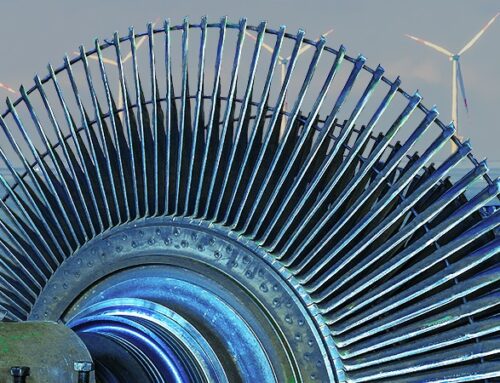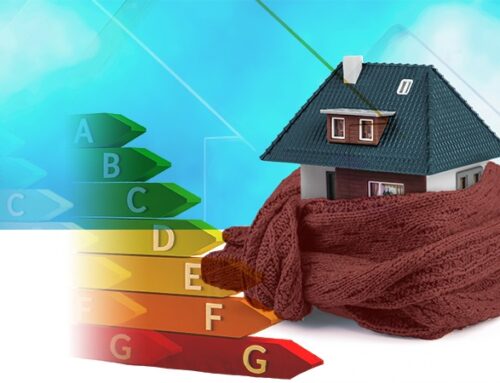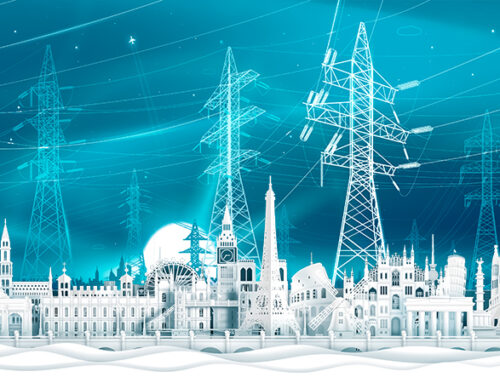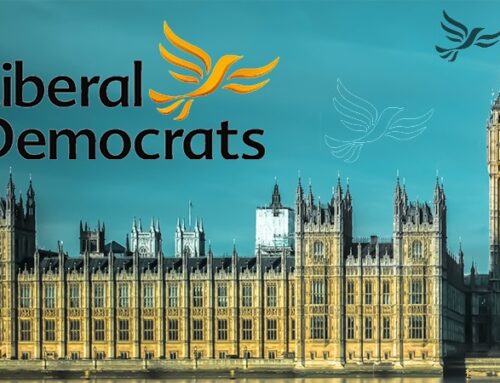As the dust settles (or not) after the General Election, the wider impact on the energy sector is unclear, however one initiative continues on despite increasing calls for a re-think: smart meters.
I have previously written about the technological shortcomings of the project – these continue – but other problems are becoming apparent, particularly in relation to the timescales for the deployment. Utility Week has recently reported that a lack of skilled installers is leading to safety fears, while the Telegraph suggests that energy companies, already facing calls for energy price caps could face fines if they fail to install enough meters. Although the smart meter programme is voluntary for consumers, energy companies have already been fined for failing to meet their installation targets.
Practical challenges facing the roll-out
The shortage of skilled installers was described in more detail in Engineering & Technology Magazine published by the Institute of Engineering & Technology, which reports that while there are currently around 7,500 certified installers currently employed in the roll-out, with plans to train around 6,000 more by April 2018. Installers are apparently being offered £250 for referrals of friends and colleagues, although there are suggestions that low pay rates and a complicated installation process make the job unattractive as a career choice.
It is also suggested that the way in which the rollout is being managed may be contributing to the issues – elsewhere in the EU, smart meters are being installed by power distribution companies rather than energy supply companies, who generally employ teams of electrical engineers for the installation and maintenance of network infrastructure.
Had DNOs been responsible for the rollout, each DNO would have installed the same type of meter in its coverage area, avoiding many of the current issues with first generation smart meters which are not compatible with the systems of other suppliers, meaning that the meters revert to being “dumb” if the user switches energy supplier.
Professor of Energy Policy at Oxford University, Dieter Helm believes that the decision to hand responsibility for the installation to energy suppliers rather than distribution companies due to a pre-occupation with incentivising customer switching:
“This was a fundamental mistake which no other major European country has made. Meters had always been in distribution, for the very good reason that they are an essential part of the network system. This fundamental error has had consequences that now haunt the smart meter programme.”
Obsolescence already an issue
According to Utility Week, around 5 million smart meters have already been installed, although most of these are first generation (SMETS 1) meters with limited functionality. There have been recent press reports that many of these meters will need to be replaced, potentially at an additional cost of £100 per unit, as they will not be capable of being adopted into the infrastructure developed by the Data Communications Company (DCC), although the government disputes this.
SMETS 2 meters should be have the full range of functionality, but so far these are still in the testing phase. Suppliers are reported as being unwilling to deploy these next-generation meters until the testing is fully complete and any issues resolved.
Even if the 5 million SMETS 1 smart meters are not replaced, the goal of installing 53 million smart meters by the end of 2020 is almost certainly unachievable.
An expensive programme with few benefits
Questions continue to be raised as to whether smart meters deliver value for money. A recent study by the University of Waterloo in Canada found that the introduction of smart meters and time-of-use pricing in the province have had a very minor impact on electricity demand of just 2.6% in peak periods and 2.4% during mid-peak periods. A 2014 review by the Ontario Auditor General found that the smart meter rollout was almost twice over budget and had failed to deliver the demand reductions anticipated. Similar findings were made by the Auditor General of Victoria, Australia:
“I concluded that, while VAGO’s [Victoria Auditor General’s Office] 2009 recommendations have been substantially addressed, these changes have not been sufficient to overcome manifest problems with the program’s design―that the control of costs to consumers and their realisation of benefits cannot be directly controlled by the state. Approximately only 80 per cent of original benefits are forecast to be realised, and consumers may experience a higher net cost than the most recent $319 million estimate.”
Last year the Department for Business, Energy & Industrial Strategy reviewed the UK smart meters programme and found that the benefits are likely to be much smaller than previously thought – at £11 per household by 2020 as opposed to £26 per household.
The question of cost is a sensitive one. In the UK, the £11 billion costs of the smart meters programme are being recovered through consumers through their bills. In May 2017, Harris Interactive, a research organisation, carried out a survey of the smart meter rollout on behalf of Utility Week. The survey found that over 60% of respondents were not aware that the costs of the programme were being recovered through energy bills, and the reactions to being told this were “extremely negative”.
The Institute of Directors recently renewed its calls for the smart meter programme to be put on hold, claiming that an urgent review is needed to re-assess the costs and benefits, particularly as the objectives of smart meters can be achieved more cheaply than via the current scheme.
“The programme has already failed to deliver interoperable meters for switching, is behind schedule, is over-budget and wedded to out of date technology. Not only that, the legal obligation on suppliers to install potentially incompatible meters by the deadline of December 2020 or else pay large fines is already pushing up inflationary costs in wages and advertising,”
It’s hard not to agree with this conclusion. It’s time to pull the plug on this expensive white elephant and re-evaluate whether the realistically achievable benefits from a smart meter programme are worth the cost and effort of progressing with their installation at all, or whether the whole idea should be shelved until smart home technology becomes more ubiquitous, and more tangible benefits emerge.







Dear Kathryn,
I must take issue with your headline
It implies that someone actually thought about it in the first place.
Regards
Leo Smith
I guess that the people in the” Dominican Republic”, had the right idea. As a people they pulled together and removed them from their homes only to be placed in one big pile for Hydro to collect.
them. It’s amazing how there is proof, that power is with the public and not the “Corporations”.
Please check under “Dominican Republic”, pulled the plug on smart meters.
Luckily in the UK we can refuse to have them installed…removing them yourself (even if you found an engineer to do it) would cause all sorts of problems best avoided.
in the UK you do not have to have them installed but you will be penalised by not being offered the lowest tariffs and also being subjected to the rises in the daily payments ( per FUEL ) to pay for the installation and maintenance costs
It is heading for a disaster in the making as many fuel suppliers are trying to tempt their customers to have the early meters installed realising that only a limited number of their direct competitors in
fuel markets run the same software to interrogate
That’s right, they are not mandatory in the UK, and typically only SMETS-1 meters are available which stop being smart if you swtich supplier.
This week The Telegraph newspaper reported:
It’s a huge waste of money and adds to the already high pressures on bills…